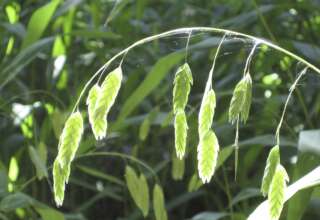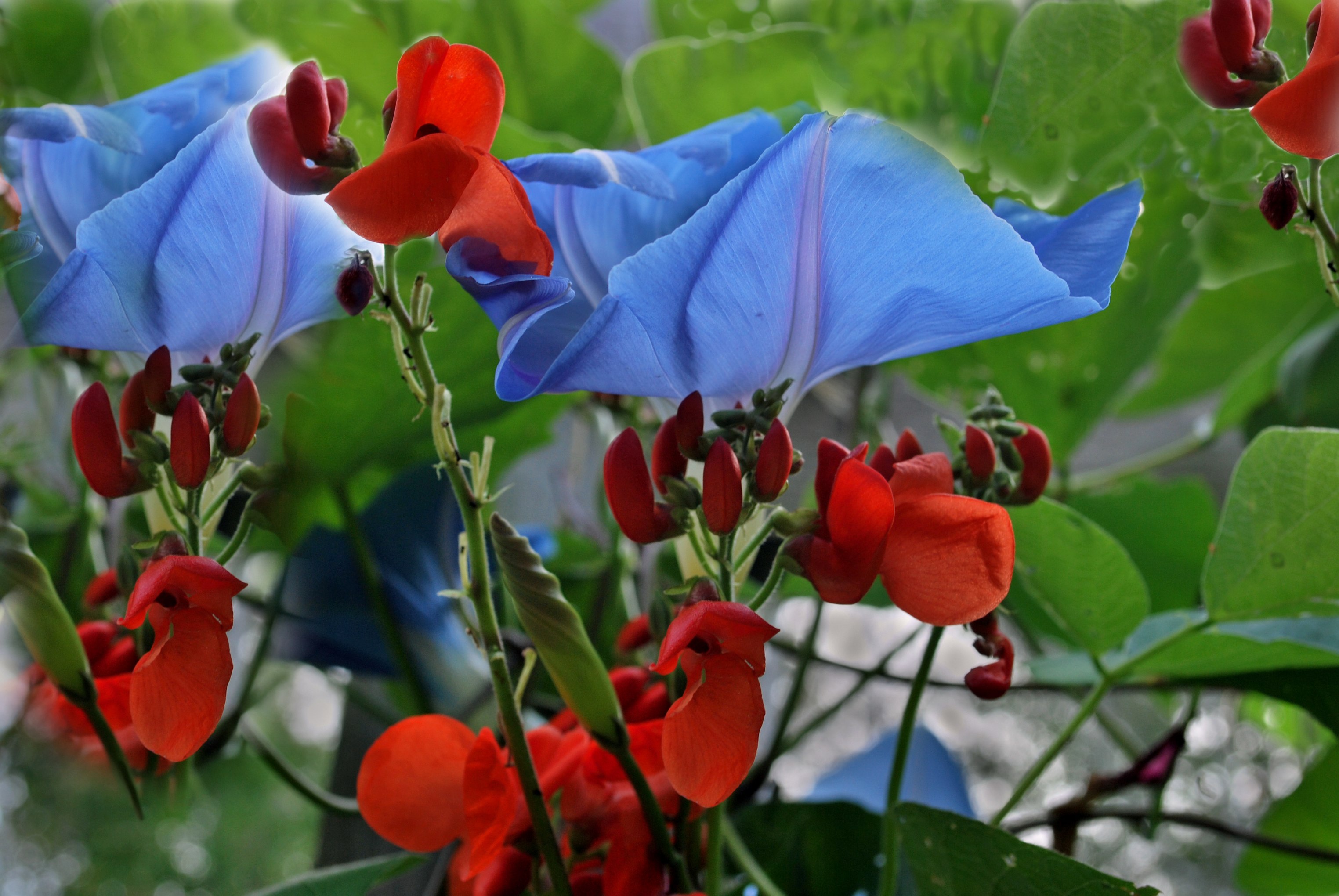
This is not limit to the realm of things and materials. Transitional objects can be relationships, expectations, practices and beliefs. Some of us hold on the past or present–knowing that it is not serving us. Yet the fear of creating space in our present, so that the ‘new’ can enter, is stopping us from the courageous act of letting go. Our storerooms, bookshelves, table drawers, calendars and minds are filled to the brim. It is time to take them out, sort through them and ask important questions—before making a choice to discard or preserve.
World expert on organisation, Marie Kondo suggests asking ourselves this question when trying to discern what to keep or discard: “Does this spark joy?” If not, then say thank you to it and gently let it go. She believes “The space in which we live should be for the person we are becoming now, not for the person we were in the past.” The Soul’s journey is more about subtraction than addition. At some point, we need to set aside our teddy bear (or give it lovingly to our grandchildren). The transition is now complete. Spring will never be reawakened if we don’t find a new home in which to live while welcoming the Spring. We can’t wear the old purple—but must find a new shade of purple—perhaps worn by us in a new way.
A third kind of loss must be addressed. As women and men of Autumn, we grieve the continuing loss of innocence as we learn about ourselves by following our anima and animus guides and acting upon voices from other rooms. This third loss requires a painful recognition that old conceptions, assumptions and even values may no longer be appropriate or valid. We often assume that by this point in our life we have no more major personal lessons to learn. This, however, is usually not the case, unless we choose stagnation over generativity. The new learning is often difficult because we now may have less energy than we did when we were younger.
In attending to these new lessons, we must bid farewell to other more assuring and continuing aspects of our life. Parts of our self that are quite mature and that require little pain or new learning may no longer be primary. Thus, we must prune some parts of our overgrown garden that are particularly fragrant and beautiful. We must allow the seeds of other plants that may seem thornier and initially less beautiful to germinate. During our Autumnal years we must face shifting priorities, voices from other rooms, and reappraisal of dreams and aspirations that were dominant earlier in our life. All of this requires new learning, along with the loss of an old, secure sense of self. We leap into the storm. Like King Lear, we go a little mad, in hopes of eventually finding a new form of sanity.
Relishing the Past and the Mundane
Let’s turn to an intriguing term: relish. What does it really mean to relish and isn’t this promotion of relishing simply a return to the old home? There is a bit of irony (and seeming contradiction) here. Midst the grieving for that which is lost during our Fifties and Sixties we should also appreciate (relish) and celebrate that which provides continuity from the past and the simple and instructive things which we chose to do during our Autumnal years. This appreciating, relishing and celebrating is the more mature version of the transitional teddy bear.







